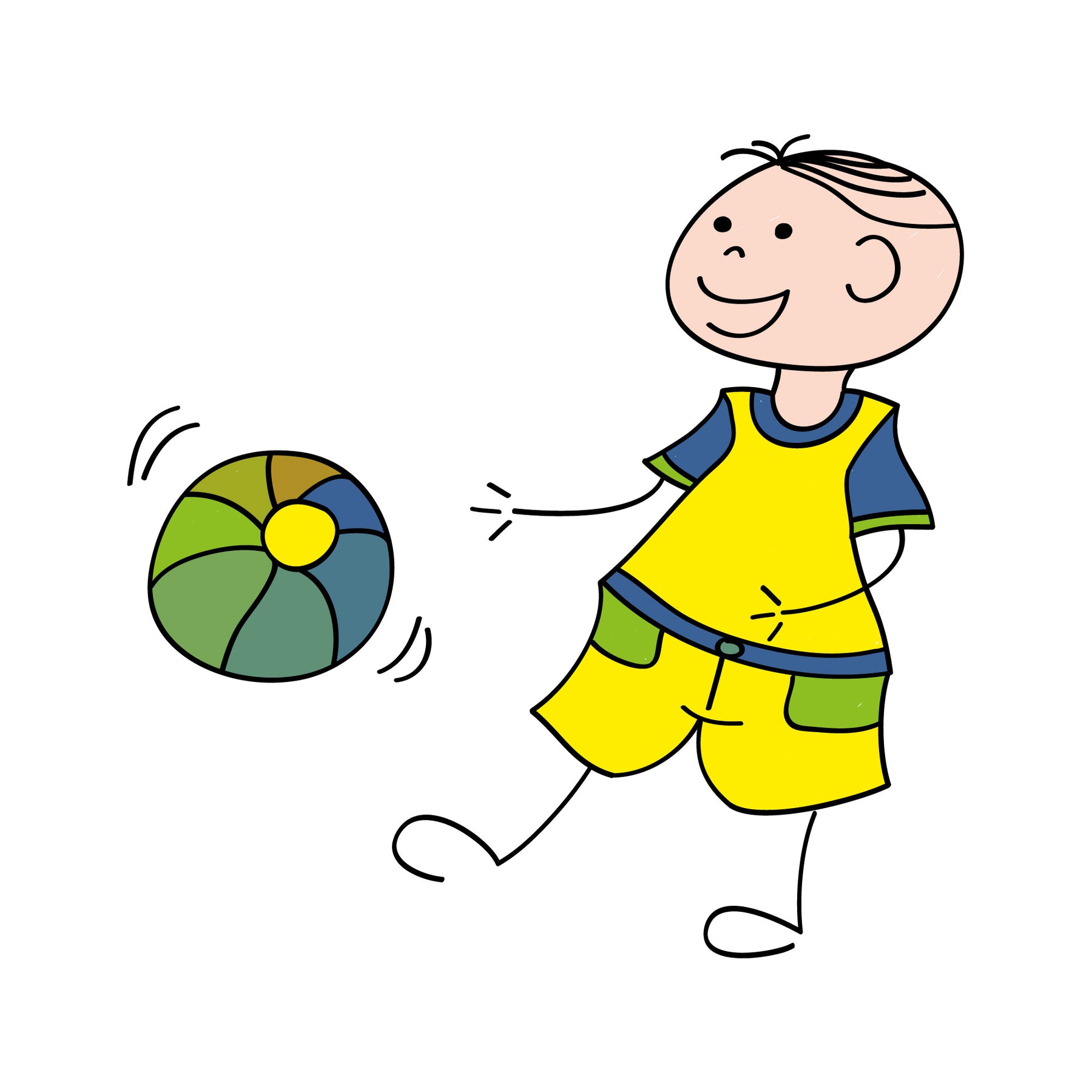
The Benefits of Play Therapy vs. Traditional Therapy With Children
The key to any therapeutic relationship is trust. In order for a client to share important thoughts and feelings that are critical to the therapeutic process, the therapist must establish rapport building at the beginning of the relationship with the client. For children in particular, they must feel safe and secure in the therapeutic setting in order to establish and build the therapeutic relationship. The play environment is exactly the appropriate setting in which a child is familiar and feels comfortable. Once a child feels safe and secure, they can begin to build trust with their therapist.
 Not only is the play setting important for a child, the actual play activity is one in which a child has experience and feels comfortable. Young children do not have the verbal nor emotional maturity to express their feelings in the traditional way utilized in talk therapy with older children and adults. In fact, children actually express themselves best through their play. During the familiar activity of play, children feel confident and in control. The verbal techniques utilized in traditional therapy do not make children feel as though they are understood and respected, as they cannot be a true active participant in their own therapy. Another added benefit to play therapy is that it is something the parents, if trained correctly, can continue with their children at home. The play therapist can teach the parents how to utilize play therapy techniques in their home so that the therapeutic process can continue in between therapy sessions and even when the therapeutic relationship has been terminated. The truth is that, the amount of time children have to play on daily basis has decreased dramatically. Bringing play therapy techniques into the home also gives children the added benefit of more play time with their parents. I truly believe that this benefit is absolutely priceless!
Not only is the play setting important for a child, the actual play activity is one in which a child has experience and feels comfortable. Young children do not have the verbal nor emotional maturity to express their feelings in the traditional way utilized in talk therapy with older children and adults. In fact, children actually express themselves best through their play. During the familiar activity of play, children feel confident and in control. The verbal techniques utilized in traditional therapy do not make children feel as though they are understood and respected, as they cannot be a true active participant in their own therapy. Another added benefit to play therapy is that it is something the parents, if trained correctly, can continue with their children at home. The play therapist can teach the parents how to utilize play therapy techniques in their home so that the therapeutic process can continue in between therapy sessions and even when the therapeutic relationship has been terminated. The truth is that, the amount of time children have to play on daily basis has decreased dramatically. Bringing play therapy techniques into the home also gives children the added benefit of more play time with their parents. I truly believe that this benefit is absolutely priceless!

Leave a comment